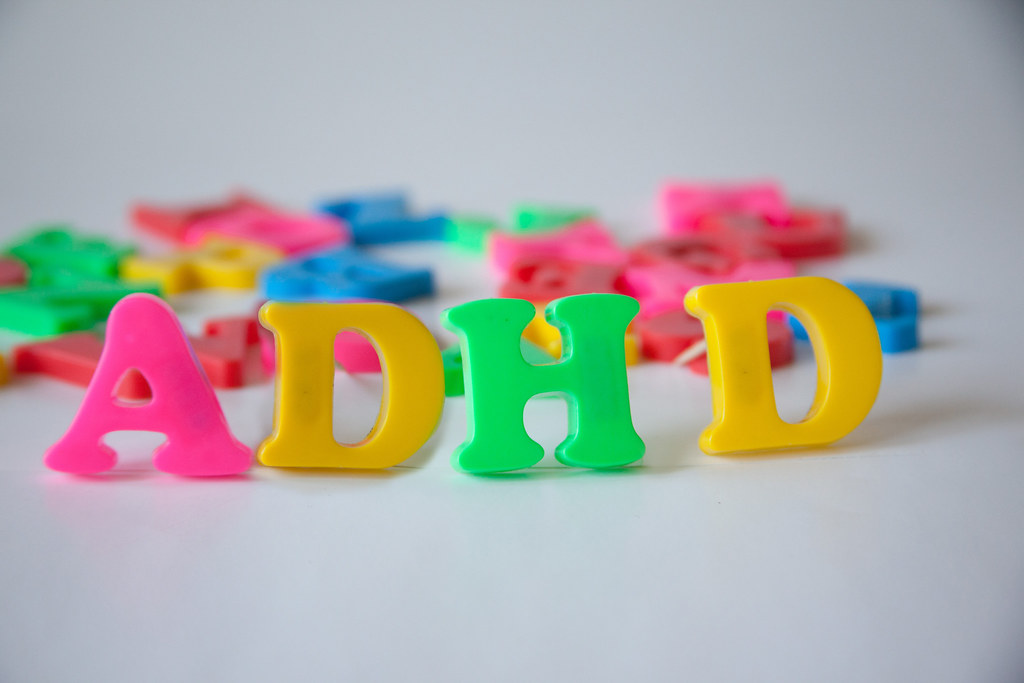
02 Jan Is executive functioning and ADHD the same?
What is the Difference Between ADHD and Executive Functioning Disorder?
Is Executive Functioning and ADHD the Same?

Is Executive Functioning and ADHD the Same?
Although attention deficit hyperactivity disorder (ADHD), also known as attention deficit disorder (ADD), and executive functioning disorder (EFD) share several symptoms and characteristics, the two are not exactly the same. While experts have long understood impulsivity and hyperactivity, the idea of inattention has evolved from a simple focus on the “inability to stay on task” to a broader understanding of executive functioning.
A child or adult with ADHD may be hyperactive, inattentive, and/or impulsive. Meanwhile, executive functioning issues are often characterized by a pattern of persistent difficulties in carrying out daily duties.
What does it mean to have an executive functioning disorder?
Before we look at the key parts of the condition connected to executive functioning, we must first understand what EF is. Executive functioning involves a set of brain-based processes and mental skills that include working memory, flexible thinking, and self-control. It is often simply referred to as the brain’s management system because executive function skills are responsible for our ability to set goals, plan, and execute, and complete tasks.
The easiest way to think about executive functioning is to imagine what a company’s CEO is tasked with. These responsibilities include analyzing, organizing, deciding, and executing most aspects of the business operations. Likewise, executive functioning skills involve six key functions, which are:
- Analyzing a task or project
- Thinking about how to approach the task or challenge
- Organizing the steps that must be taken to execute the task
- Establishing timelines for completing the project
- If necessary, adjusting or rearranging the steps
- Completing the assignment promptly
Executive functioning skills do not come naturally to children. Rather, individuals are born with the potential to develop and strengthen them. The frontal part of the brain’s prefrontal cortex matures when adults are in their mid to late 20s, allowing them to perform higher-level tasks such as executive functioning.
Executive Functioning Disorder or ADHD?
It goes without saying that someone with executive functioning deficits would have trouble evaluating, planning, organizing, scheduling, and completing tasks. Executive functioning disorder (EFD) occurs when an individual fails to employ these mental skills to successfully achieve a goal or complete a task.
Children and adults with EFD have trouble organizing materials and making routines; they misplace papers, reports, and other school materials. They frequently have similar problems keeping track of personal belongings or keeping their bedrooms orderly. The failure rate persists, no matter how hard they try.
This seeming inability to focus and stay on task is typically associated with ADHD, which is why it is not uncommon for one thing to be mistaken for the other. In fact, most of the symptoms commonly attributed to ADHD are actually problems with executive functioning. The biggest difference, however, is that while ADHD is an official diagnosis, EFD is not. Additionally, struggling with executive functioning is not exclusive to individuals with ADHD. Several learning differences are characterized by difficulties in key executive functioning skills.
The ADHD Factor
Attention deficit hyperactivity disorder is one of the most studied brain-based disorders by neuroscientists. It usually appears in childhood and persists into adolescence and adulthood, posing complications. Among the signs and symptoms are:
- Having trouble focusing and staying focused
- Controlling impulsivity by modulating attention
- Managing one’s actions
While a growing number of publications and books refer to ADHD as a “disorder of executive function of the mind,” there are some differing perspectives on how ADHD and executive functioning are linked. According to one theory, some – but not all – people who fulfill certain criteria for ADHD have considerable executive functioning impairments. Another school of thought maintains that all people with ADHD have major executive functioning problems and that ADHD is simply a “developmental impairment of executive function.”
It’s worth noting that these opposing viewpoints are based on different interpretations of the nature of executive functions and how these functions should be addressed. Each leads to a different conclusion about the essential nature of ADHD and its relationship to other learning and psychiatric disorders.
What can you do at home if your child has ADHD?
- Create structure through routines
- Practice self-control and proper social behavior
- Make rules and ensure they are followed
- Break down big tasks into smaller parts
- Set aside time for breaks
- Set clear expectations
- Provide feedback consistently
- Reward good behavior with positive reinforcement
- Find out specific methods to assist your child
What can you do at home if your child has an executive functioning disorder?
- Create structure through routines
- Practice self-control and proper social behavior
- Teach time management strategies
- Prepare your child about impending transitions by discussing them in advance
- Speak with your child about chores or tasks that he or she finds challenging
- Model thinking aloud during problem-solving and planning stages
- Guide your child during self-assessment and evaluating his or her own performance
- Find out specific methods to assist your child
Looking for an executive functioning and ADD/ADHD coach for your child?
Chat with Themba Tutors Today!
Our Executive Functioning and Organizational Coaches are ready to help you right now!
Call: (917) 382-8641, Text: (833) 565-2370
Email: [email protected]
(We respond to email right away!)
Craig Selinger
Latest posts by Craig Selinger (see all)
- Urban Dreams Mental Health Film Festival - April 11, 2024
- Manhattan In-home Math Tutors - October 14, 2022
- Learning Disabilities of NJ Conference & Resource Expo - October 11, 2022



No Comments